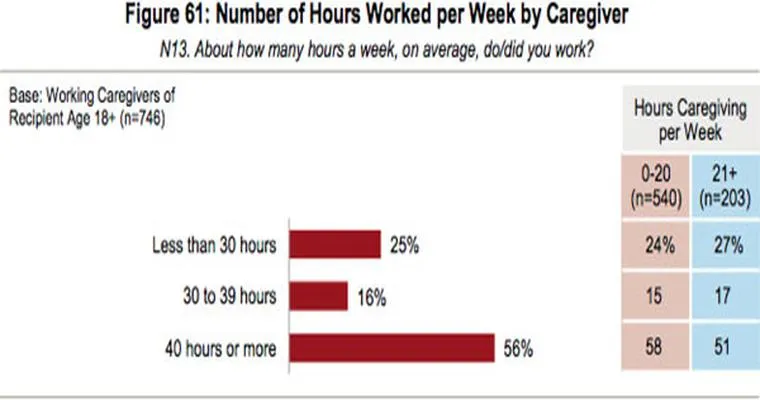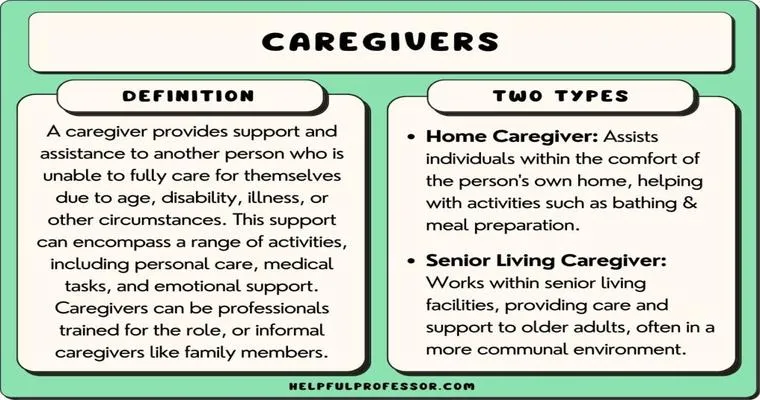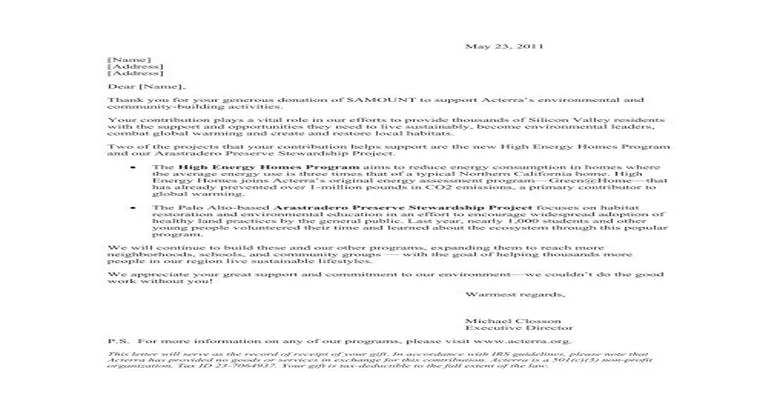In today's fast-paced world, many individuals find themselves in the dual role of a "working caregiver". Balancing the demands of a job while providing care for a loved one presents unique challenges. The "issues faced by working caregivers" can often lead to stress, burnout, and feelings of isolation. Understanding these challenges is the first step toward finding solutions that work for both caregivers and their employers.
One of the most pressing "challenges" that working caregivers encounter is "time management". Juggling work responsibilities with caregiving tasks can be overwhelming. Caregivers often struggle to find enough hours in the day to meet the needs of their loved ones while fulfilling their job obligations. This can lead to a decline in productivity at work, which further complicates their situation.
The emotional toll of caregiving cannot be overlooked. Working caregivers frequently experience "stress and anxiety" as they worry about the well-being of their loved ones while trying to perform well at their jobs. This dual burden can contribute to feelings of guilt, as caregivers may feel they are not giving enough attention to either their family member or their professional responsibilities.
Another significant issue is the "lack of support" from employers. Many workplaces do not offer flexible work arrangements or adequate leave policies for employees who are also caregivers. This can force working caregivers to choose between their job and their caregiving responsibilities, often leading to difficult decisions about their career paths. Consequently, some may feel compelled to reduce their hours or even leave their jobs entirely.
"Financial strain" is another critical concern for working caregivers. The cost of caregiving can add up quickly, from medical expenses to transportation costs. Many caregivers find themselves in a precarious financial situation, especially if they are forced to cut back on work hours or leave their jobs altogether. This financial pressure can exacerbate existing stress and anxiety levels.
Moreover, the "stigma" surrounding caregiving in the workplace can make it difficult for caregivers to seek help or communicate their needs. Some employees fear that disclosing their caregiving responsibilities might lead to negative perceptions from coworkers or supervisors. This can hinder open dialogue about the support that could be made available to them, such as flexible schedules or remote work options.

To address these challenges, both caregivers and employers must collaborate to create a supportive environment. Employers can implement policies that acknowledge the realities of "working caregivers", such as offering flexible hours, remote work possibilities, and family leave options. Providing resources like employee assistance programs can also help caregivers manage their stress and find the support they need.
In conclusion, the journey of a working caregiver is filled with challenges that can impact both their personal and professional lives. By recognizing the issues faced by working caregivers and fostering a supportive workplace culture, we can help alleviate some of the burdens they carry. This not only benefits the caregivers themselves but also enhances overall workplace morale and productivity. Employers and employees alike must work together to create a balance that respects the dual roles of caregiving and professional responsibilities.






